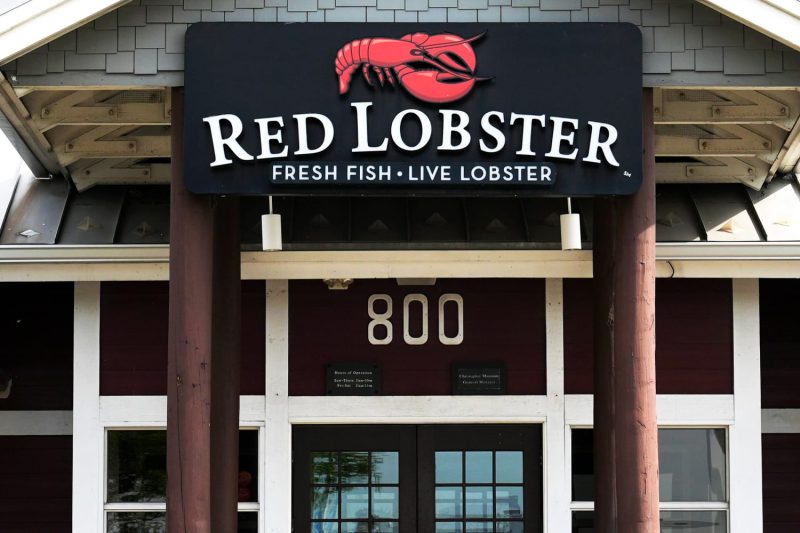When discussing the rise and fall of Red Lobster, it’s essential to delve into the pivotal role that private equity firms played in the chain’s trajectory. Notably, Darden Restaurants, the parent company of Red Lobster, fell under the control of Golden Gate Capital, a private equity firm, in 2014. The acquisition by Golden Gate Capital marked a significant turning point for Red Lobster, ushering in a series of changes that would ultimately impact its long-term prospects.
One key aspect of the private equity takeover was the strategic decision to spin off Red Lobster as a separate entity. This move allowed Darden to focus on its other brands, such as Olive Garden, while giving Red Lobster the opportunity to operate independently. However, this newfound autonomy came with its own set of challenges, as Red Lobster now had to navigate a fiercely competitive market on its own.
Golden Gate Capital sought to revitalize Red Lobster by implementing various changes aimed at boosting profitability. One notable initiative was the introduction of endless shrimp promotions, a popular offering that helped drive customer traffic and increase sales. While these promotions were successful in the short term, they ultimately proved unsustainable, leading to a decline in customer loyalty and profitability over time.
In addition to marketing strategies, Golden Gate Capital also focused on cost-cutting measures to improve Red Lobster’s financial performance. This included streamlining operations, reducing overhead costs, and renegotiating supplier contracts. While these efforts initially yielded positive results, they also had unintended consequences, such as compromising the overall quality of the dining experience and eroding customer trust.
Another critical factor in Red Lobster’s decline under private equity ownership was the lack of long-term strategic planning. Instead of investing in innovation and long-term growth, Golden Gate Capital prioritized short-term gains and immediate cost savings. This shortsighted approach ultimately hindered Red Lobster’s ability to adapt to changing consumer preferences and market dynamics.
Furthermore, the growing debt burden incurred during the private equity takeover further constrained Red Lobster’s flexibility and limited its ability to invest in key areas such as menu innovation, customer experience, and marketing. As a result, Red Lobster found itself at a competitive disadvantage compared to more agile and innovative rivals in the casual dining space.
In conclusion, the story of Red Lobster serves as a cautionary tale about the potential risks and pitfalls associated with private equity ownership in the restaurant industry. While private equity firms can provide valuable resources and expertise, their profit-driven motives and short-term focus can sometimes come at the expense of long-term sustainability and growth. Moving forward, it will be essential for restaurant chains to strike a balance between financial performance and strategic vision to thrive in an increasingly competitive and dynamic market landscape.




























